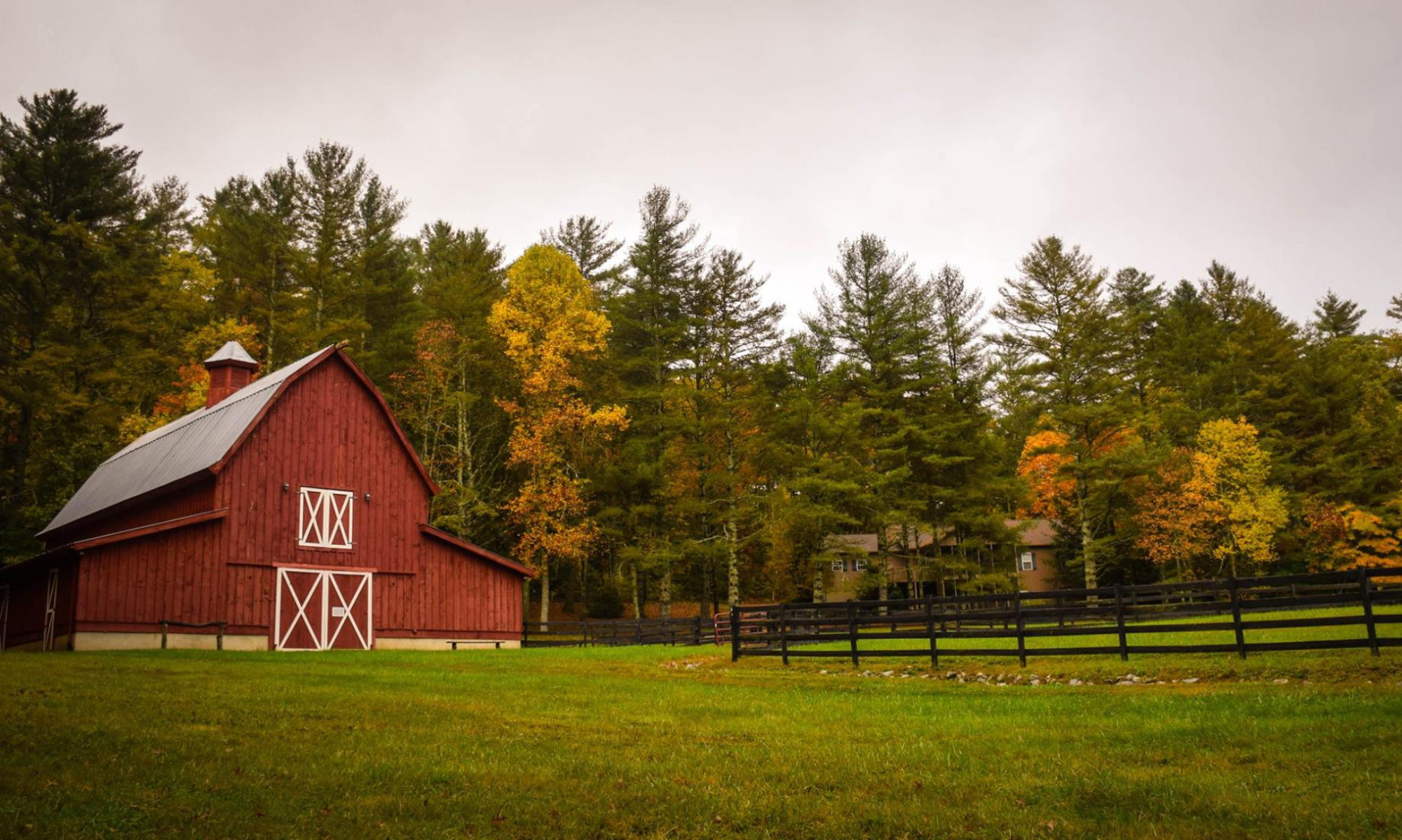The issue of broadband internet service in rural areas has been getting more attention lately. Most notably the broadband giants (Verizon, Comcast, Excite, SBC, etc) have been lobbying congress to pass legislation that would prohibit municipalities from getting into the internet business. These proposed regulations have been prompted primarily by plans to bring free WiFi to big cities.
If the regulations are approved they will also prevent rural municipalities from providing broadband in their communities. These rural communities often have no broadband available until the local government takes the initiative. The lack of high-speed internet in these communities compounds the difficulty of getting businesses to locate there.
There have been some victories at the state and local level. In Texas a grassroots group worked to defeat a bill in the state legislature that would have banned municipal broadband. And yesterday in a related case the Maine Supreme Court ruled that Verizon must offer competing providers bandwidth on their network, thus making it easier to extend broadband to rural areas of the state.
Other states have been friendlier to the big boys. Washington, Nevada, Utah, Minnesota, Wisconsin, Missouri, Arkansas, Pennsylvania (Phillidelphia has an exemption), Virginia, and South Carolina all passed some form of legislation that restricts municipal broadband. In other states legislation is pending, and a small handful of states recently defeated similar proposals.
In our continued effort to follow the money we see that cable TV’s political contribuions hover between 5 and 10 million per election cycle with a pretty even partisan divide. While the telephone industry contributes between 10 and 20 million per cycle with Republicans edging out Democrats.

Iowa’s bill to put roadblocks in the way of small town municipal broadband has died in the legislature–for this year, at least.